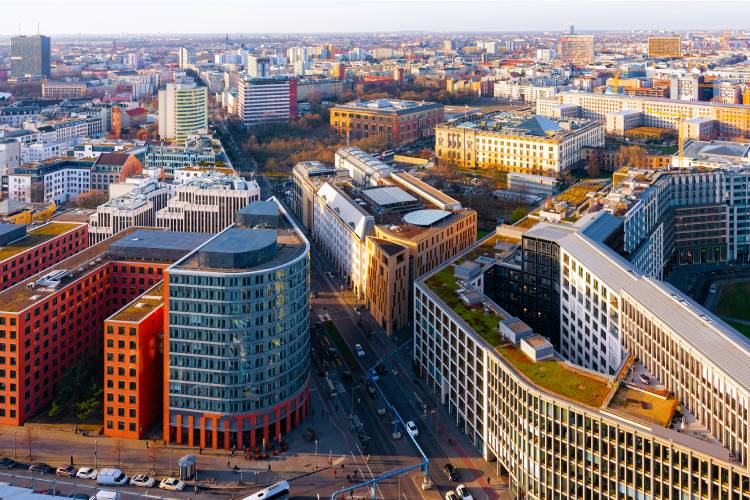

Supply and demand imbalances create ‘opportunistic’ deals, says fund manager Patron Capital
May 28, 2024 | Staff Reporter | UK | Property Management

Distressed properties in Europe are presenting opportunistic gains for global investors because of supply and demand imbalances, with existing owners also facing pressure from high borrowing costs and demand from environmental standards. The outlook is bright in Europe because demand has remained buoyant amid higher savings, while supply has stagnated or declined because of little new investment during the recent economic crisis, according to UK-based fund manager Patron Capital Partners.
Asian investors, especially in Japan, are showing great interest because of the need to deploy large savings accumulated during the pandemic, managing partner Keith Breslauer said. “The property market in Europe now is a bit unusual in that it has two opposing [and favourable] cycles happening,” he said. Higher debt-servicing costs and refurbishment bills are creating more distressed situations for investors to pick up undervalued assets, he added.
Patron, founded in 1999, closed its seventh real estate-focused fund earlier this month after raising €860 million (US$933 million/HK$7.3 billion), with commitments from pension funds, sovereign wealth funds, foundations and family offices in the US, Canada, Asia-Pacific, Europe, and the Middle East. Patron also chipped in more than €200 million of its discretionary co-investment capital.
Its typical deal size ranges from €30 million to €80 million in equity, enabling Patron to target opportunities that are not accessible to other investors. The latest fund targets 17 to 20% gross internal rate of return and up to two times equity multiple over a five-year horizon, according to a statement.
When the impact of environmental ratings, interest rates, and demand and supply converge like they are now, it creates opportunities.
Keith Breslauer, Managing Partner, Patron Capital Partners
Breslauer said many property owners in Europe are now seeking to refurbish their buildings to comply with the European Union’s environmental regulations. This comes as an additional expense to higher mortgage financing costs after a series of interest-rate hikes over the past 10 months to contain inflation.
“When the impact of environmental ratings, interest rates, and demand and supply converge like they are now, it creates opportunities,” he said. Residential properties and light industrial assets are good bets due to insufficient supply on the market, he added.
Patron Capital is looking to deploy around 20 to 30% of the new funds towards opportunistic and thematic deals by the end of this year, Breslauer said. Opportunistic investments refer to deals where there might be problems with how a property is financed, and not so much with the underlying asset.
Taxes on real estate investments in Europe are relatively lower than in the US, making these assets attractive to global investors, Breslauer said, especially Japanese investors who have accumulated a lot of wealth during the pandemic years.
Chinese Investors Offloading Overseas Properties
“They have quite a lot of savings and they are looking for investments and diversification,” Breslauer said, noting that they were relatively not very active over the past five years.
Like its predecessors, Patron’s latest investment vehicle will look at direct property investments, and could mix corporates, public vehicles, or companies that own a lot of real estate such as real estate investment trusts or REITs.
“We end up doing 90% in pure assets, buying industrial buildings, buying land, buying a building,” he said. “We might make an investment in a company or a REIT. We are working on that.”
Patron has raised €5.2 billion from investors since its inception and has undertaken over 106 investments across 17 countries, according to its website.